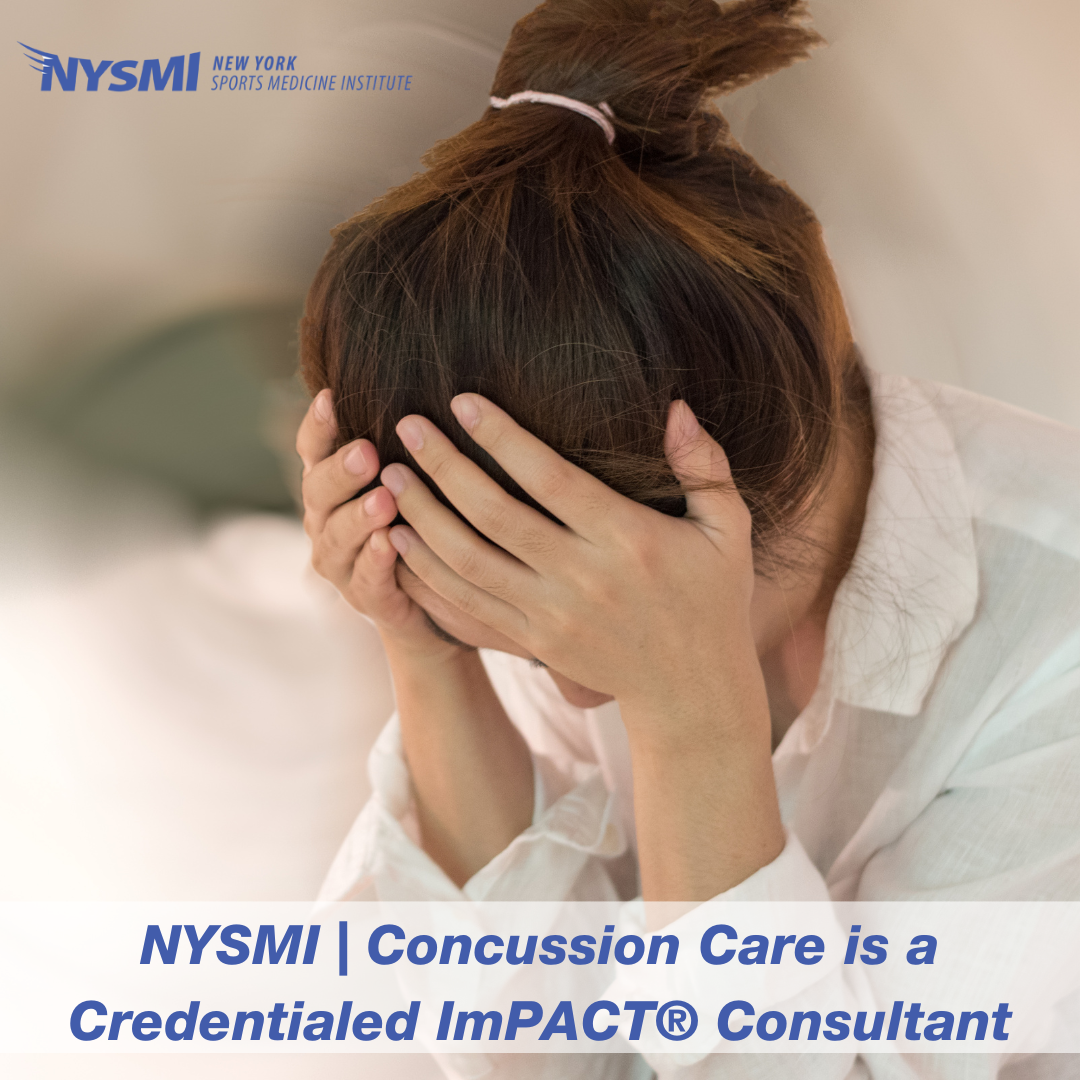
17 Oct How Can You Tell If A Concussion Is Mild Or Severe?
Concussions are injuries that you should not take lightly. This traumatic brain injury causes the brain to be physically shaken and moved out of its usual position, subsequently affecting the proper functioning of your brain. Most people recover completely with appropriate medical treatment, and effects like memory problems or imbalance are usually temporary. However, it can be tricky to determine the extent of a concussion. At New York Sports Medicine Institute, our comprehensive approach to concussion care enables patients to return safely to their everyday routines. Continue reading to discover the different grades of concussions and how we can help.
What Are Concussions?
A concussion is a prevalent traumatic brain injury resulting from a bump, jolt, or blow to the head that temporarily affects normal brain function. Most concussion injuries are caused by direct head trauma, such as a fall or a hit. Concussions are a highly-prevalent injury among athletes. Concussions can be extremely dangerous if not taken seriously. Concussions can be classified into three different grades. Here are some of the symptoms for each one:
- Grade 1: Mild, Low-Grade – With a grade 1 concussion, you may experience trouble focusing, dizziness, nausea, and memory loss. Once these symptoms have passed, you can usually return to normal activities within a few days following the injury. This type of concussion is considered mild and does not cause you to lose consciousness. Sports injuries and car accidents are common causes of grade 1 concussions.
- Grade 2: Moderate, Mid-Grade – The symptoms of a grade 2 concussion are similar to grade 1, but this type typically involves a brief loss of consciousness. It can last for up to five minutes. Some additional symptoms include irritability, ringing in the ears, and temporary amnesia. Grade 2 concussions require several days of mental and physical rest before returning to your daily routine.
- Grade 3: Severe, High-Grade – When a concussion causes you to lose consciousness for more than five minutes, it is considered severe. These uncomfortable symptoms can last for weeks before they subside, and you may be at risk of permanent brain damage as a result of this injury. Those with grade 3 concussions can experience bouts of vomiting, speech difficulty, and amnesia for more than 24 hours.
If you think you or someone you know has suffered a concussion, it is essential to seek care immediately. Our experts at New York Sports Medicine Institute will be able to diagnose and treat your concussion properly. Treatment for a concussion usually includes:
- Rest.
- Avoiding activities that could worsen symptoms.
- Gradually returning to regular activity as symptoms allow.
In some cases, our providers may prescribe medication to help with headaches or other symptoms. If you have suffered a concussion, it is essential to follow your doctor’s instructions and to make sure you give yourself time to heal. A concussion is a severe injury and can have long-lasting effects if not treated properly.
Concussion Care
The concussion care services available at New York Sports Medicine Institute provide both baseline and follow-up care. As a Credentialed ImPACT Consultant, we offer immediate post-concussion assessment and cognitive testing using a state-of-the-art computerized concussion evaluation system. Our concussion care services include:
- Coordination of pre-season concussion screening for athletes.
- Baseline neurocognitive assessments.
- Vestibular testing and rehabilitation.
- Educational workshops and training for athletes, students, parents, school nurses, and coaches.
Contact Us
Regardless of your immediate concussion symptoms, you should always be evaluated by an experienced doctor before returning to your normal routine. Our team at New York Sports Medicine Institute is dedicated to your recovery and improving your quality of life after a concussion. To learn more about our concussion care services, be sure to contact us today and request an appointment!

